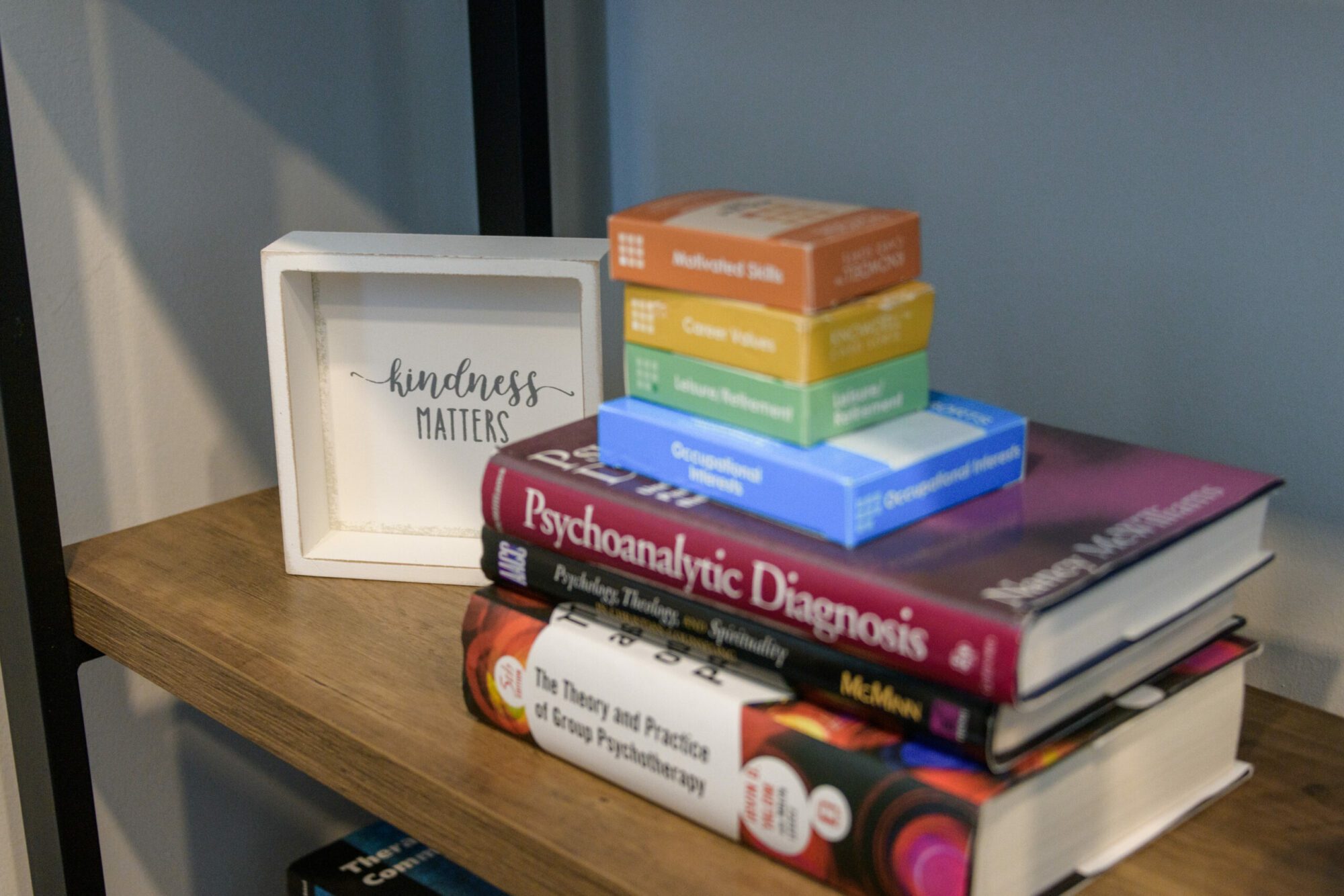Miss Edith Carr. If the reader finds his or her feelings regarding Kate Comstock confusing in A Girl of the Limberlost, Edith provides an equal conundrum.
We initially meet Edith through the eyes of her fiance, Philip, who has come to the town near Elnora’s house to recover from a long illness. Philip is devoted her for her beauty and refinement and they have known each other for many years. Though devoted, we see Philip’s definition of a quality woman expand as he grows to know Elnora and appreciate her vitality, hard work, and love of nature. He does not fully recognize it himself, but the seeds of a love relationship are being planted.
When Philip returns to Chicago we begin to see Edith more fully and see how she has a carefully cultivated image of self as being irresistible to all comers and worthy of worship by the man in her life. She occasionally will end the engagement with Philip in a fit, but he manages to soothe the temper and reunite them. Their relationship is finally broken when she is magnificently dressed in a gown designed in the purples and yellows of the emperor moth for their engagement party and when a live emperor moth appears at the party, Philip leaves her side briefly to send it to Elnora. Edith then (rightly) understands that there is a deeper connection there than she imagined and is angry that he would try to make her like the moth which represents Elnora to him. In this she is rightly angry (in my opinion). However, it seems that another root of her anger is in her pride being wounded due to her belief that she has full power over Philip and that his role is to cater to her every whim. In her anger she publicly throws her ring on the ground, ending their engagement.
What follows is the humbling of Edith Carr. In spite of being warned that Philip will not return after so public a break, she fully believes herself irresistable to him and demonstrates this in many ways. When she fails to lure him back we see her begin to come to terms with the true nature of her attachment to him and how little she actually brought to the relationship. Ultimately, she is broken to the point where she sends a message to Philip’s regarding Elnora’s location (Elnora having gone away to give Edith time to try out her plans to lure Philip back. Philip at this point has been hospitalized for “brain fever” due to his distress over not being able to find her). It is this action that shows that in her loss Edith has come to fully understand what it means to love another.
In an era that often sees love as something that you seek to get and earn we can learn from Edith’s struggle with her distorted view of what a marriage relationship should look like. In her distortion, she believed that love was built on being something that others adored and expected that adoration to be shown in indulgences of all kinds. When she has come to terms with her own imperfections we then see her wrestle with accepting that she is worthy of being loved. Both of these are fallacies that many embrace. The first is that love is about me having exactly what I want and desire and the second, that I have to be deserving of love to obtain it. Both of these distortions belie the fact that healthy love is a gift. It is not a commodity or something to be demanded. It is not earned (if so, what infant could ever account for the depth of parental love). Love requires the sacrifice of the giver–sometimes of time, sleep, comfort, or even sacrificing the safety of invulnerability. In a healthy relationship there will be mutual care and sacrifice (we can discuss another day the difference between love and co-dependency) leading to both parties having their needs met.
Edith is at peace with herself, Elnora, and Philip at the end of the book–she is worn from her emotional struggle, but ready to move forward. She struggled with whether she was still lovable after discovering that she was selfish because her original view of love was built on a concept that certain people earned it, fortunately we see her embrace a broader view and allow herself to be loved in a tender and deep way.
Take-out Version: Love is something we should seek to give, not earn. Take time to consider both how you give love in your relationships and your beliefs about who you have to be to receive love.
